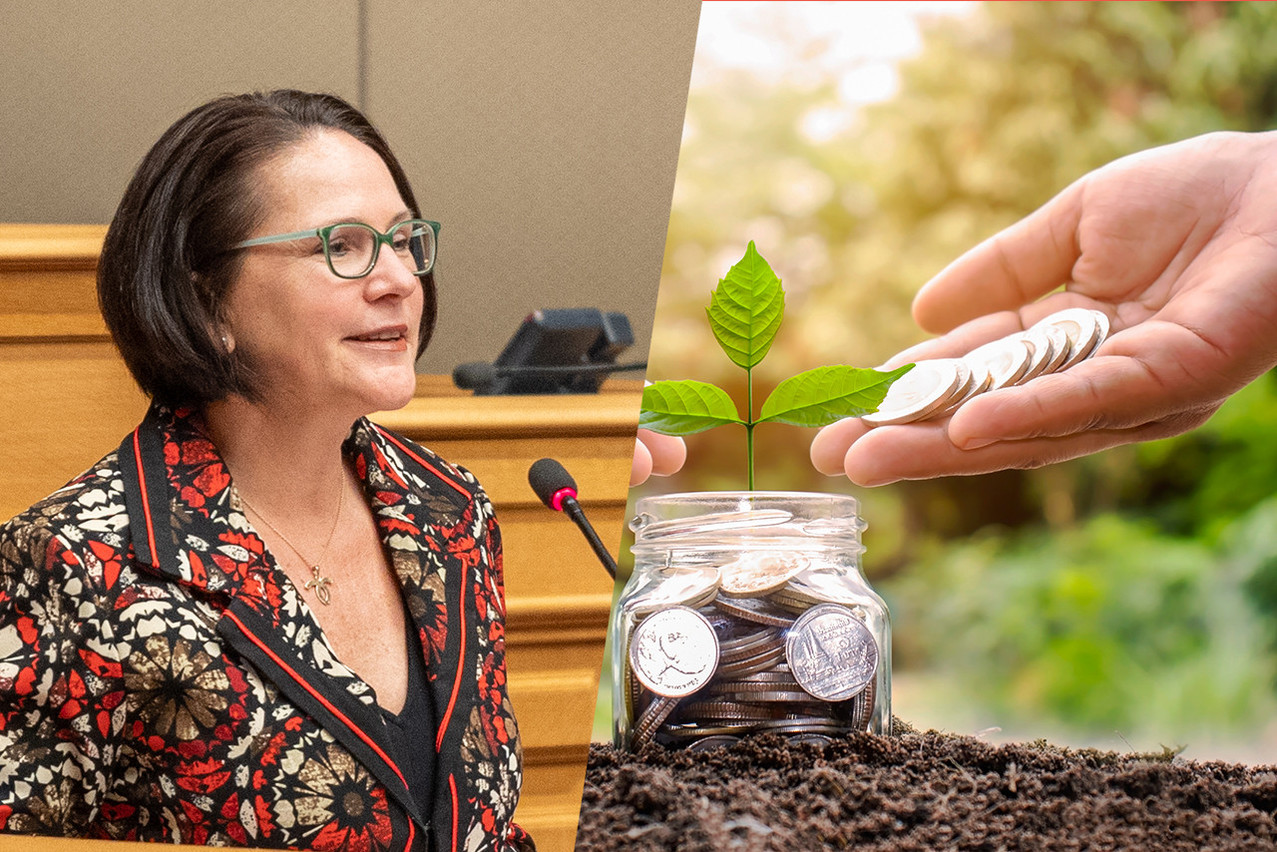In a parliamentary question to finance minister (DP), , member of parliament for Déi Gréng, asked for clarification of the reduced rate of the subscription tax for sustainable investments, on the basis that “until now, few funds have used this instrument.” The finance minister confirmed this: “to date, one fund has benefited from this reduced rate,” she replied. But why is this rate reduction, introduced in 2021, not benefitting more funds? Backes explained it in several ways.
A tax regime introduced too early?
Introduced in January 2021, the reduced subscription tax regime was put in place before key elements of European regulation, such as the Sustainable Finance Disclosure Regulation (SFDR), came into force. It therefore fits into a regulatory framework that is still evolving.
“The taxonomy itself is still in the development phase. To date, only two of the six environmental objectives of the taxonomy have been finalised (i.e., mitigation and adaptation to climate change). Work is still ongoing on the remaining four objectives. This means that at this stage, only assets invested in climate change mitigation and adaptation can be eligible for this subscription tax reduction. However, it is mainly hedge funds that invest in such assets, knowing that they already benefit from a reduced rate,” the finance minister explained in her reply to the member of parliament.
Technical regulatory standards that come too late?
Among the reasons for the low number of funds benefiting from the reduced rate, Backes also pointed to the fact that the draft technical regulatory standards to be drawn up by the European supervisory authorities have been delayed. The regulation adopted by the European Commission on these technical standards was only published in the Official Journal on 17 February.
“It should be recalled that following this inclusion, Luxembourg law was amended to exclude investments in natural gas and nuclear power from the tax advantage of the reduced subscription tax for investment funds, which further reduces the scope of eligibility,” the minister added. It should also be noted that the transparency regime linked to the CSRD (Corporate Sustainability Reporting Directive) is not yet fully in place.
“The financial sector is therefore in the process of adapting its products to a regulatory framework that is still evolving. As the European framework is implemented, it can be expected that more investments will strive to comply with sustainability criteria and reporting, and as a result, more funds will take advantage of the reduced subscription fee,” predicted Backes, for whom the introduction of additional incentives is not yet a necessity.
This story was first published in French on . It has been translated and edited for Delano.
